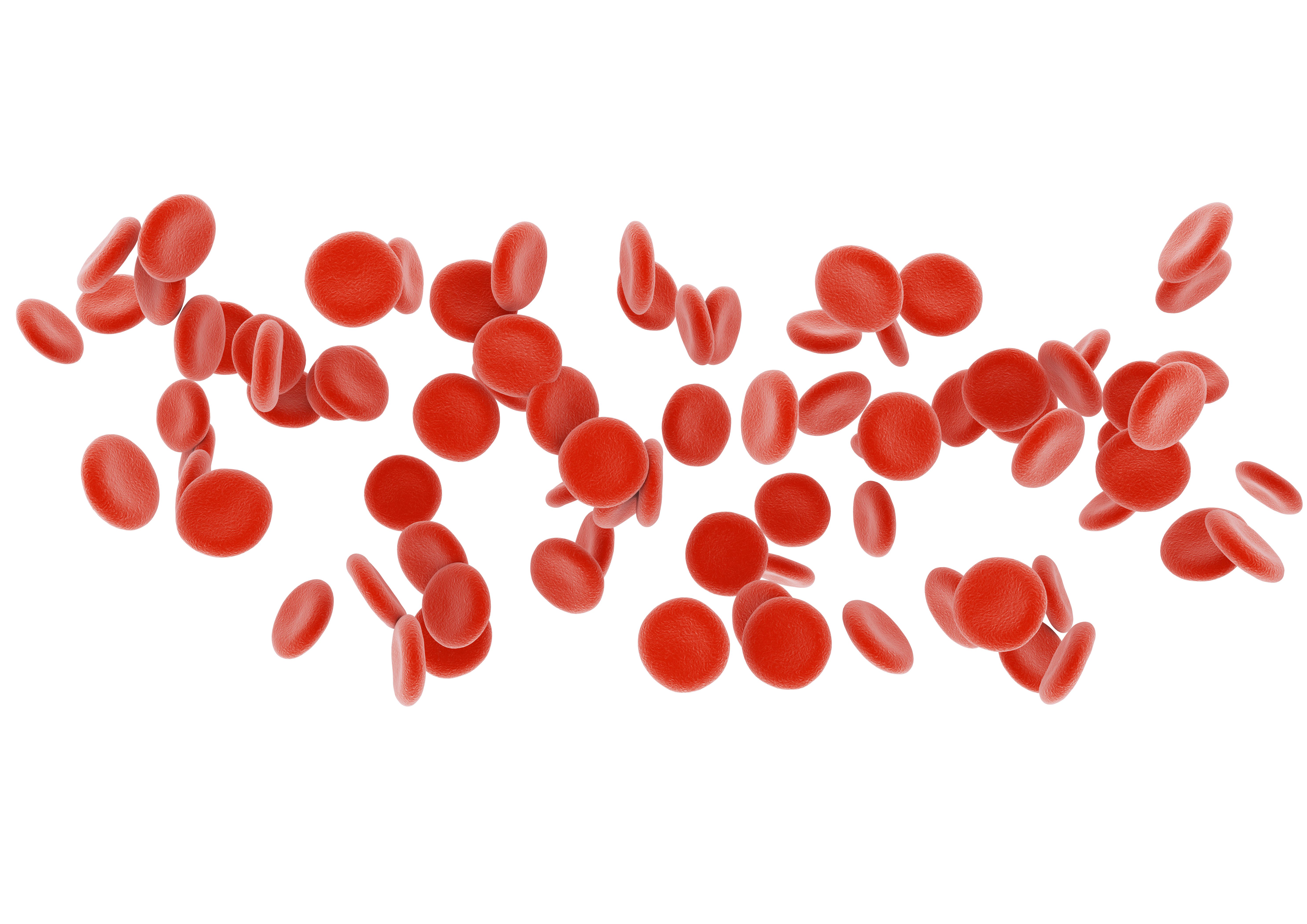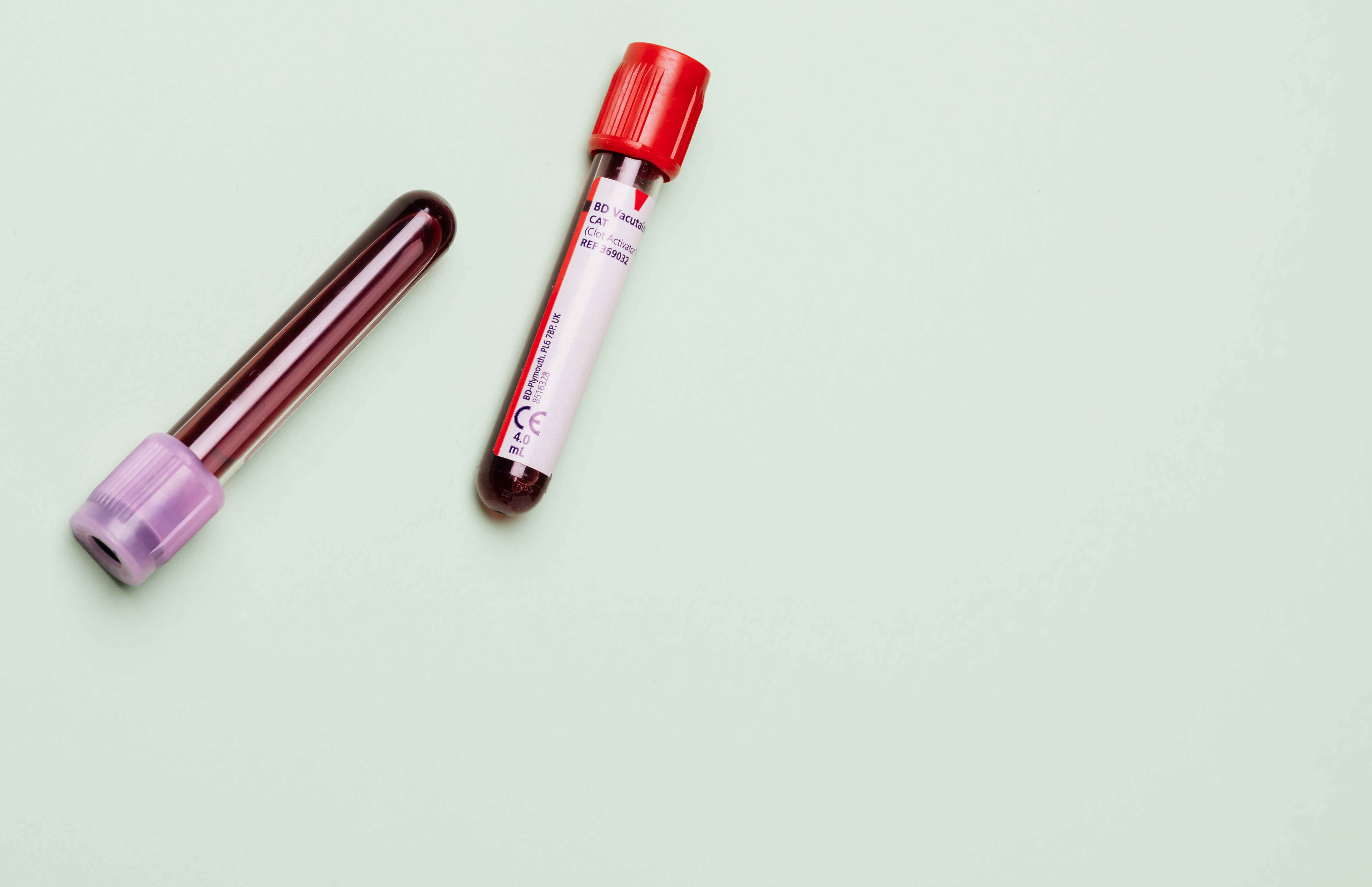


Why use blood tests?

Figure 1. A sample of reference ranges for 4 types of lipids that are used to measure cardiovascular health risks.
Blood tests are a great way to measure biomarkers. Most of the biomarkers associated with dementia are also associated with cardiovascular health and metabolism. We focus on 30 different compounds to measure your body’s function. Blood tests allow the levels of these compounds to be assessed rapidly. Most of the biomarkers in blood are related to cholesterol, vitamins, and enzymes. Cholesterol and other lipid values are used to calculate cardiovascular disease risk, and they tend to remain stable over time. Vitamin and enzyme levels fluctuate more from day-to-day, and monitoring these values can cue you and your physician in to metabolic imbalances before they become serious.
What to expect
In order to have a blood test, your primary care physician or another healthcare provider needs to request the test for you.
Your insurance may require a pre-authorization from your doctor.
Fasting is necessary to accurately measure blood biomarkers.
You’ll meet with a phlebotomist to do the draw.
Samples are sent to the lab and results are available in 3-4 days.
How to get your blood test
We do not offer test ordering services or physician referrals at this time. If you’d like to get a head-start, however, your primary physician can order them. The 30 biomarkers we measure can all be tested through LabCorp or Quest Diagnostics.
